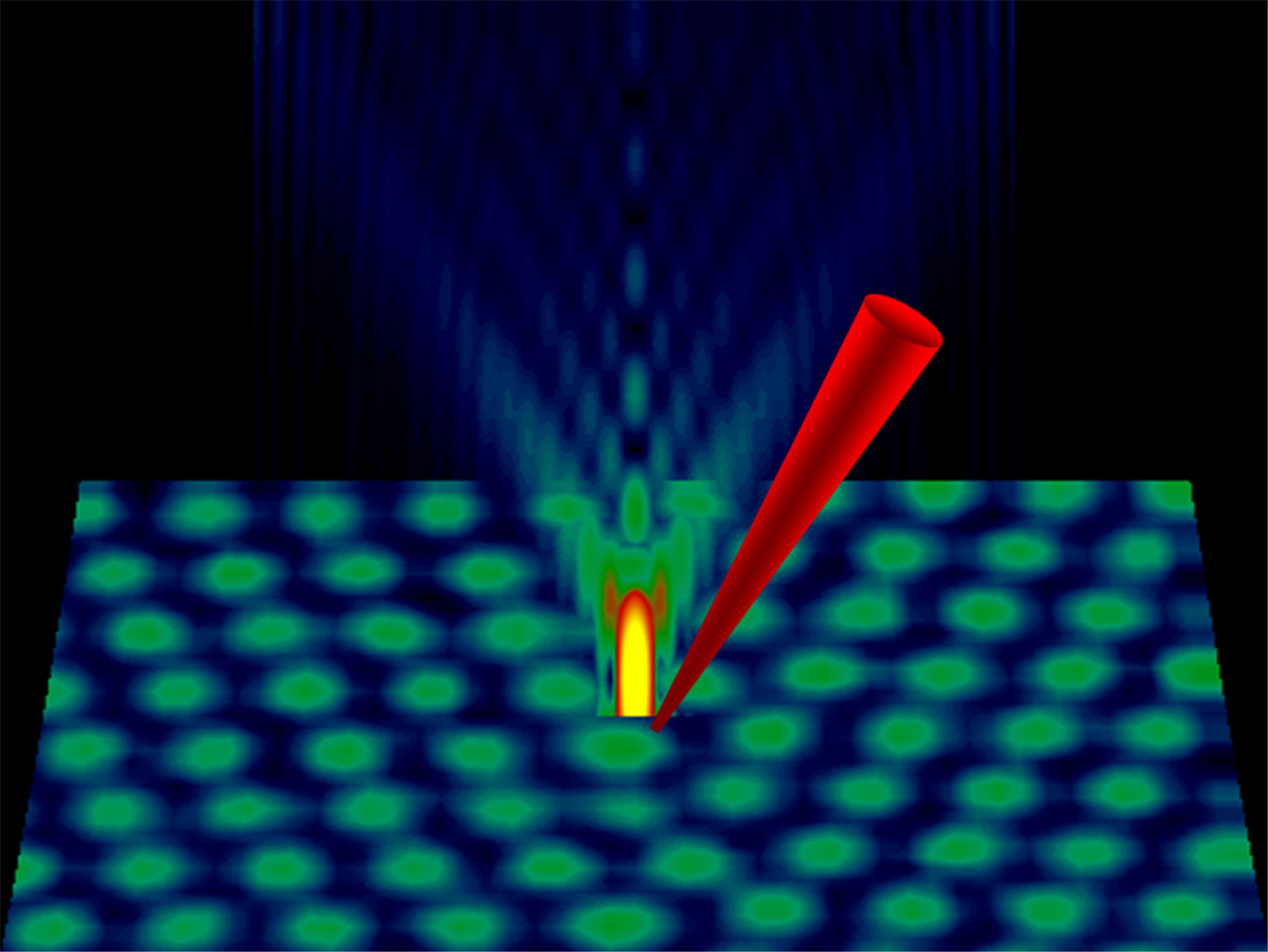Nanorobotics
m |
m |
||
| Line 7: | Line 7: | ||
=Links= | =Links= | ||
| − | * [[Private: | + | * [[Private:Nanorobotics Private|Private section]] |
* [http://vision.eng.shu.ac.uk/mmvlwiki/uploads/NanoroboticsPublic/nanorobotics-info.pdf Information Leaflet] | * [http://vision.eng.shu.ac.uk/mmvlwiki/uploads/NanoroboticsPublic/nanorobotics-info.pdf Information Leaflet] | ||
* [http://www.shef.ac.uk/moebus/nanomanipulation.html Project announcement] | * [http://www.shef.ac.uk/moebus/nanomanipulation.html Project announcement] | ||
* [http://www.shef.ac.uk/eee/research/fegtem/ University of Sheffield Engineering Faculty FEGTEM] | * [http://www.shef.ac.uk/eee/research/fegtem/ University of Sheffield Engineering Faculty FEGTEM] | ||
* [http://nano.group.shef.ac.uk/ Nanorobotics group] at Sheffield University | * [http://nano.group.shef.ac.uk/ Nanorobotics group] at Sheffield University | ||
Revision as of 22:54, 1 October 2005
A large new nanotechnology research programme "Nanorobotics - technologies for simultaneous multidimensional imaging and manipulation of nanoobjects" is to be established at Sheffield University from Autumn 2004 funded by a £2.3Millon grant from the RCUK Basic Technology research programme. The programme led by the Engineering Materials Department of the University of Sheffield, will be a collaboration between the University of Sheffield, Sheffield Hallam University and the University of Nottingham.
Many new nanotechnology research fields require a high degree of precision in both observing and manipulating materials at the atomic level. The advanced nanorobotics technology needed to manipulate materials at this scale, a million times smaller than a grain of sand, will be developed in the new Sheffield NANOLAB. The integration of different technologies to act as simultaneous real-time nanoscale "eyes" and "hands", including the advanced nanorobotics, high-resolution ion/electron microscopy, image processing/vision control and sophisticated sensors, will lead to the ability to manipulate matter at the scale of atoms or molecules.
The NANOLAB programme will thus allow unique experiments to be carried out on the manipulation and observation of the smallest quantities of materials, including research into nanoscale electronic, magnetic and electromechanical devices, manipulation of fullerenes and nanoparticles, nanoscale friction and wear, biomaterials, and systems for carrying out quantum information processing.
